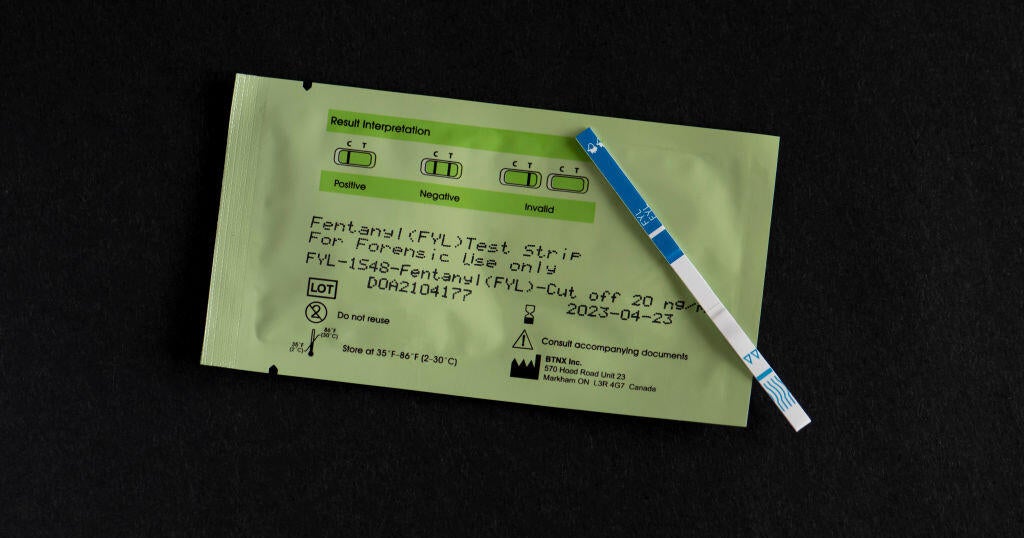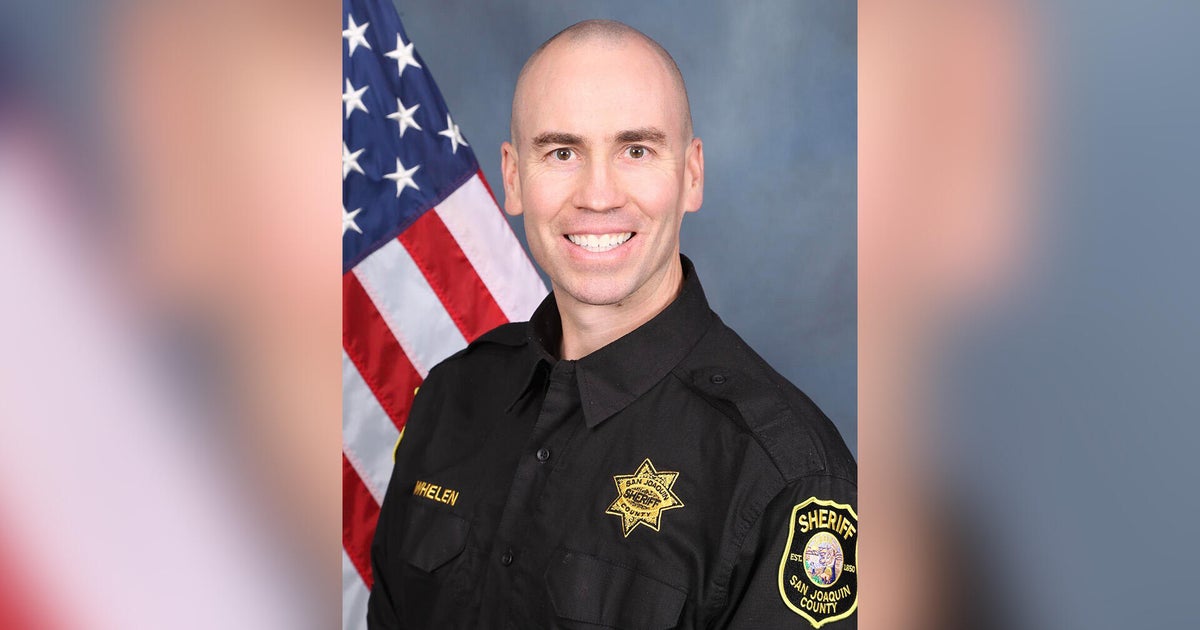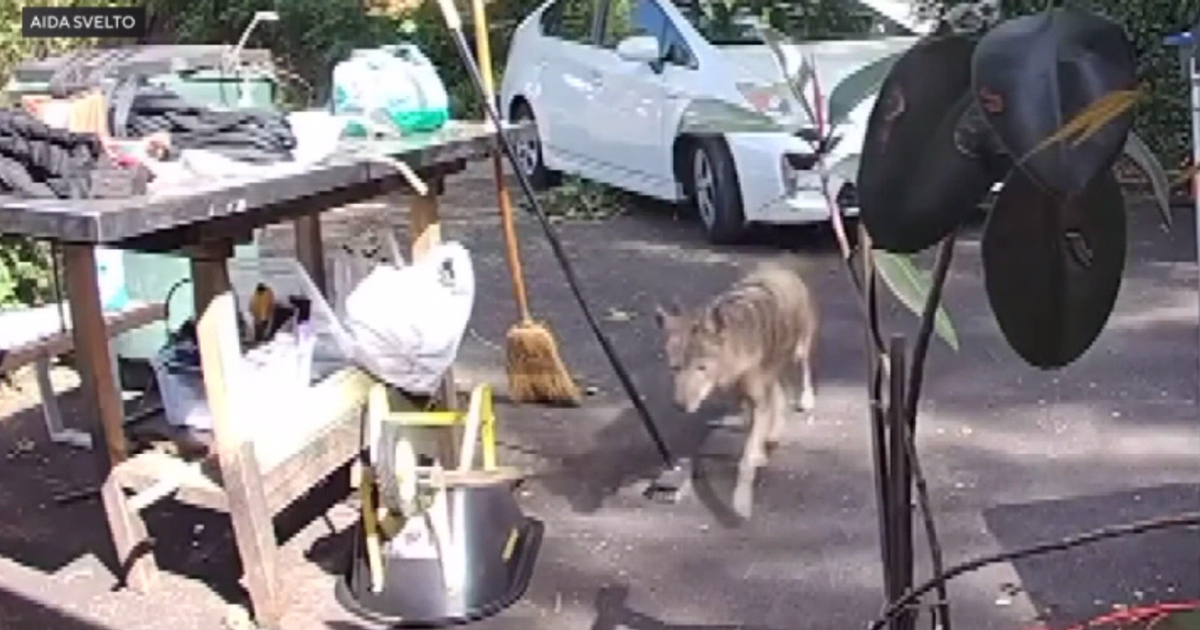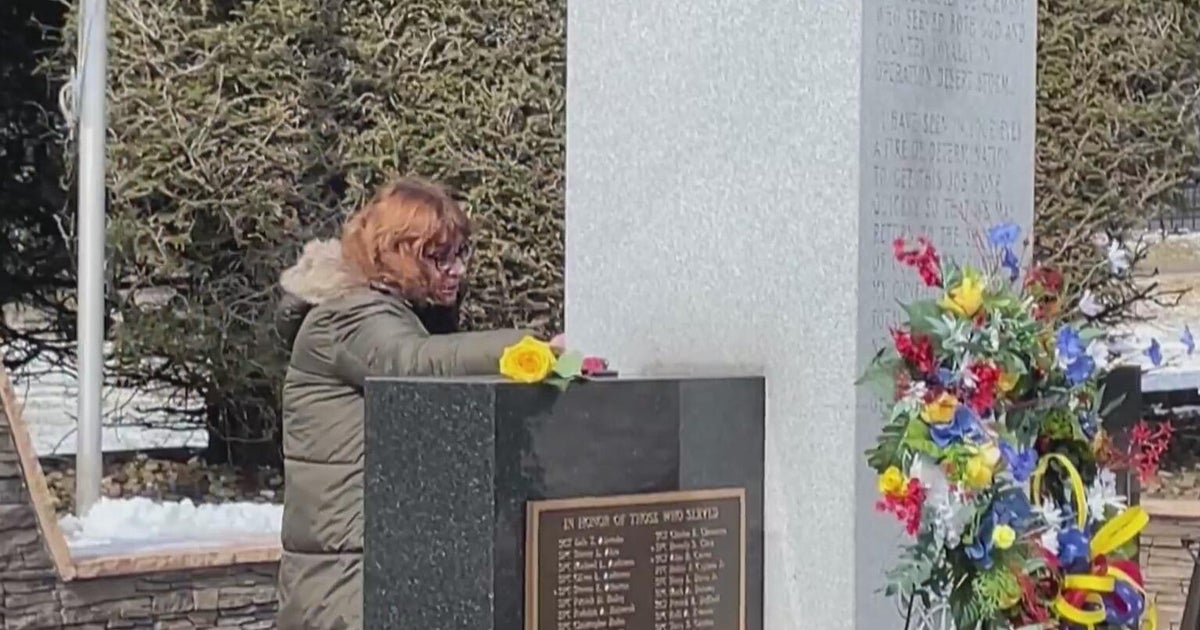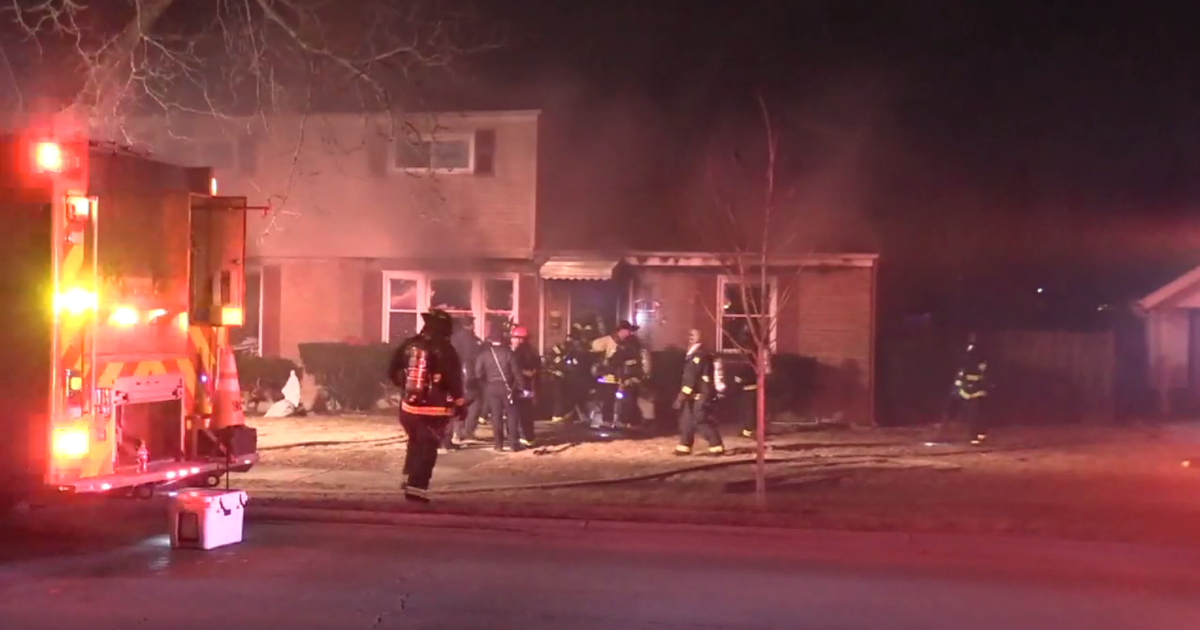More children under 5 are dying from opioid overdoses, study finds
MINNEAPOLIS -- A new study published Wednesday in the Journal of Pediatrics reveals more children under the age of five are dying from overdosing on opioids.
Researchers found in 2018 that opioids accounted for 52% of overdose deaths in young children, which is more than double from what it was in 2005 at 24%. In total, 731 children died from drug overdoses during that 13-year period.
They also found three-fifths of those deaths happened in a child's home and about a third were supervised by someone other than the biological parent.
"We know that kids can be either unintentionally or intentionally exposed to opioids," said Dr. Christopher Gaw, co-author of the study and an associate fellow at Children's Hospital of Philadelphia. "So when we think about young children, toddlers, they're always moving around, they're exploring in their environment, and they could potentially find an opioid that might not be secured. And by even small amounts of an opioid, just because kids are smaller, and they weigh less, can have a much greater effect."
The study concluded the drug of choice has also changed. With more awareness of the opioid epidemic, more doctors are prescribing less opioids. The result is more people are turning to heroin and fentanyl, thereby exposing children to them as well as opioids found within over the counter pain and allergy medications.
Gaw said parents now more than ever need to be aware of their child's surroundings.
"Kids are quick, and poisonings can happen in a split second," he said. "So, what we recommend is that parents and families should focus on preparedness and prevention. They should keep medications and other toxic substances out of sight, out of mind. That means out of reach of children, preferably, behind a locked cabinet."
Gaw also recommends having naloxone - the antidote used for anyone who overdoses - on hand if you have opioids at home. He said it's safe for children and infants, but stresses what's really more important is to keep opioids out of reach of children in the first place.
Gaw said really small pupils, slowed or stopped breathing and slowed responses could all be signs a child may have overdosed.
